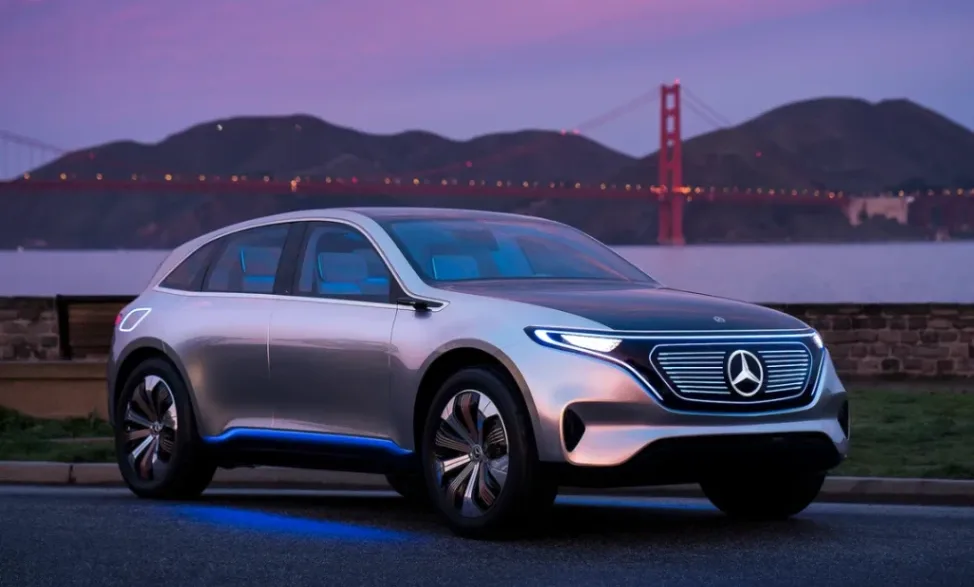

Electric Vehicles: A Beginner's Guide

Electric vehicles (EVs) are becoming increasingly popular due to their many advantages over traditional gas-powered cars. If you're new to the world of EVs, this guide will provide you with a basic understanding of how they work, their benefits, and what to consider if you're thinking of buying one.
The Rise in EV Ranges
Thanks to improvements in battery technology, the average range of electric cars has more than doubled over the last decade, according to data from the International Energy Agency (IEA).
| Year | Avg. EV Range | Maximum EV Range |
|---|---|---|
| 2010 - | 79 miles (127km)- | NA |
| --------- | --------- | --------- |
| 2011 - | 86 miles (138km) - | 94 miles(151km) |
| --------- | --------- | --------- |
| 2012 - | 99 miles(159km) - | 265 miles(426km) |
| --------- | --------- | --------- |
| 2013 - | 117 miles (188km)- | 265 miles(426km) |
| --------- | --------- | --------- |
| 2014 - | 130 miles (209km) - | 265 miles(426km) |
| --------- | --------- | --------- |
| 2015 - | 131miles (211km) - | 270 miles(507km) |
| --------- | --------- | --------- |
| 2016 - | 145 miles (233km) - | 315 miles (539km) |
| --------- | --------- | --------- |
| 2017 - | 151 miles (243km) - | 335 miles(539km) |
| --------- | --------- | --------- |
| 2018 - | 159miles(304km) - | 335 miles(539km) |
| --------- | --------- | --------- |
| 2019 - | 209 miles (336km) - | 370 miles(595km) |
| --------- | --------- | --------- |
| 2020 - | 210 miles (338km) - | 402 miles(647km) |
| --------- | --------- | --------- |
| 2021 - | 217 miles (349km) - | 520 miles(837km) |
| --------- | --------- | --------- |
How do electric vehicles work?
EVs are powered by one or more electric motors, which use energy stored in rechargeable batteries. When the vehicle is plugged into an electrical outlet, the battery is charged using electricity from the grid.
EVs are designed to be highly efficient, with most of the energy from the battery going directly to powering the wheels. This means that they use less energy than gas-powered cars and produce fewer emissions.
What are the benefits of electric vehicles?
There are many benefits to owning an electric vehicle, including:
- Lower operating costs: EVs are much cheaper to operate than gas-powered cars, with savings of up to 70% on fuel costs.
-Reduced emissions: EVs produce significantly fewer emissions than gas-powered cars, which helps to reduce air pollution and greenhouse gas emissions.
-
Quieter operation: Electric motors are much quieter than gas engines, making for a more peaceful driving experience.
-
Instant torque: Electric motors provide instant torque, which means that EVs are often faster and more responsive than gas-powered cars.
-
Fewer maintenance costs: EVs require less maintenance than gas-powered cars, as they have fewer moving parts and don't need oil changes or tune-ups.
Conclusion
Electric vehicles are an increasingly popular option for drivers who want to save money on fuel costs, reduce their environmental impact, and enjoy a more efficient driving experience. By considering the range, charging infrastructure, price, and tax incentives, you can make an informed decision about whether an EV is the right choice for you.